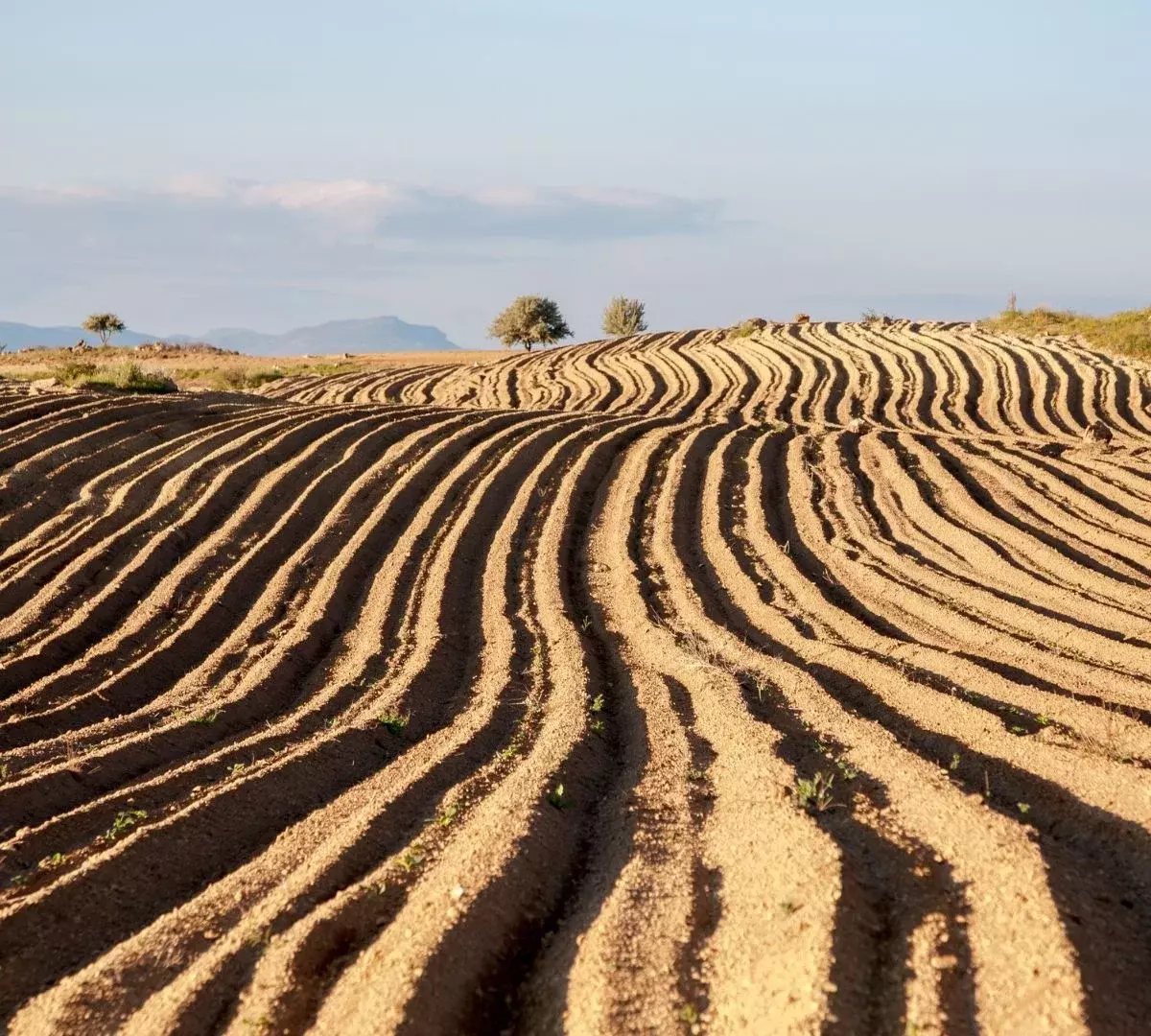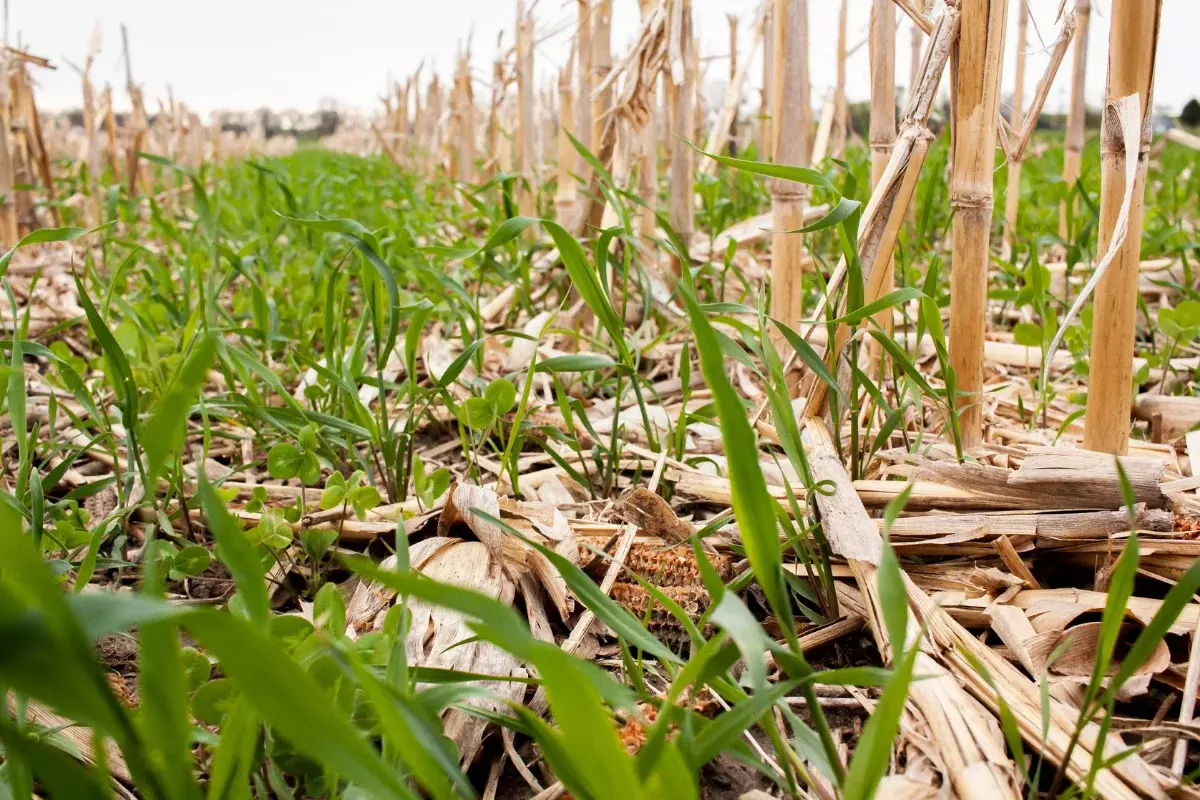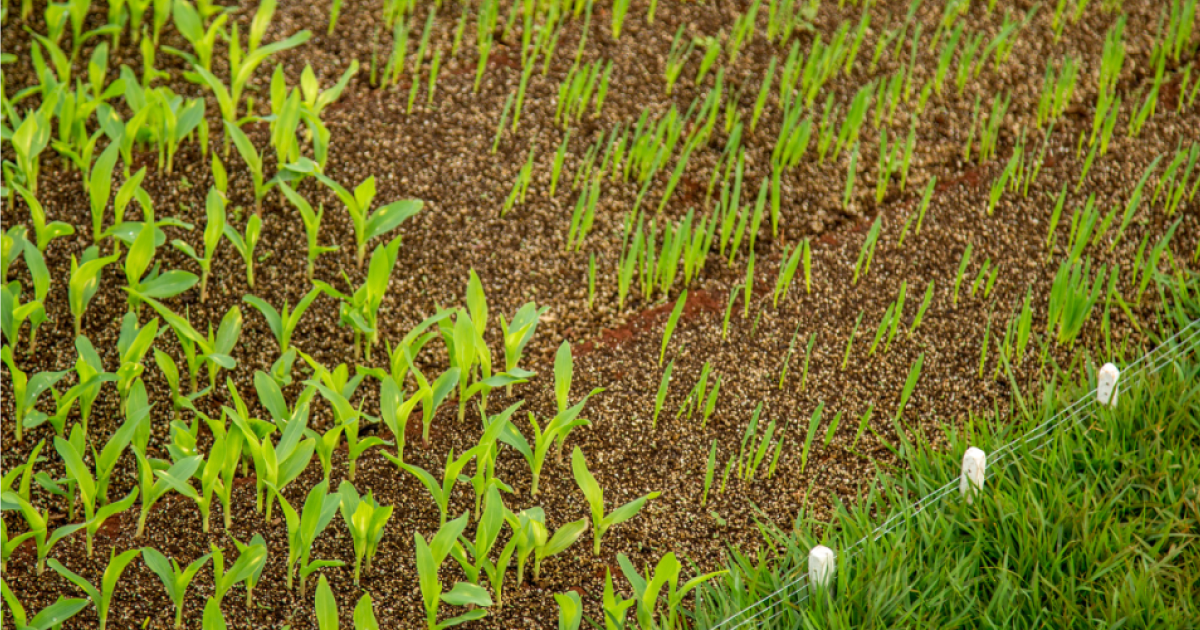With the increasing awareness around climate change, sustainability in agriculture has never been more important. The impact of climate change has meant we’re seeing an increase in severe weather events which cause a detrimental impact on soil quality, irrigation, and crop production.
Sustainable agriculture is farming in a suitable way that meets the needs of society’s current food production needs without compromising the needs of future generations. Sustainable agriculture must nurture healthy ecosystems and support the sustainable management of land, water, and natural resources while ensuring world food security. If a farming practice maintains yields while increasing environmental goods and benefits then this can be said to be sustainable agriculture.
There are many ways that these issues can be managed to help agriculture become more resilient to climate change, such as planting cover crops and reducing tillage.
Tillage
Tillage is the preparation and turning of soil for planting and the cultivation of soil after planting. Tillage helps to manage weed and pest control, as well as prepare the field for seeding. However, Tillage can also increase surface nutrient runoff, and soil erosion, affect drainage, and release unwanted organic carbon dioxide into the atmosphere. This is said to be attributed to the effect of climate change. Many agricultural practices have a detrimental effect on climate change, which is why farmers are now looking at alternative methods to help reduce the impact on the environment.

Tillage
Cover crop
Planting cover crops provides protection for the soil surface. This slows the velocity of rainfall and forms a canopy from the wind. The vast network of roots from the cover crop helps bind together the soil elements. Therefore, keeping the enrichment of the soil good for the next few years.
Historically, tillage (plowing) has been a means of managing this. However, this releases CO2 into the environment, contributing to climate change effects. Planting cover crops, which also absorb carbon, and reducing tillage are just a few ways that sustainability can be achieved within agriculture, to become more resilient to climate risks.

Cover crop
Subsidies and incentive schemes
With the increasing impact of climate change and the issues faced with agriculture, farmers are now incentivized to participate in more sustainable farming practices.
There are many new schemes being introduced to support farmers and ensure the new processes work for them, as well as achieve the government’s environmental goals. These schemes are aimed at ensuring farming is supporting environmental and climate change targets by protecting the natural environment. The farmers will receive payment to produce public goods such as water quality, biodiversity, animal health and welfare, and climate change mitigation, alongside food production.
Ozone gasses
Ozone gasses are highly reactive and have a detrimental impact on the environment we live in. They are natural and man-made product that occurs in the Earth’s upper atmosphere and damage vegetation and ecosystems by reducing the amount of carbon dioxide the plants can process.
Ground-level ozone gasses do pose a threat to food production as they have a negative impact on the quality of our vital staple crops and yield. The crops that are most affected by ozone include soybean, wheat, rice, maize, and barley. These crops are all vital to food production around the world.
How can we help?
Planet Watchers offer services specifically targeted at monitoring farmer practices. Using SAR (synthetic aperture radar) led analysis we work with the crop insurance industry providing accurate analysis of tillage events and cover crop detection at scale.
We provide accurate near real-time or historical data analysis, to support the crop insurance and agri-food industries address climate change. In order to maintain sustainable agriculture, practices need to be monitored on a large scale in order for the incentive system to work.
Focusing exclusively on crop insurance in North America, PlanetWatchers tells the story of every field saving our customers time and money by enhancing policy and claims validation.
